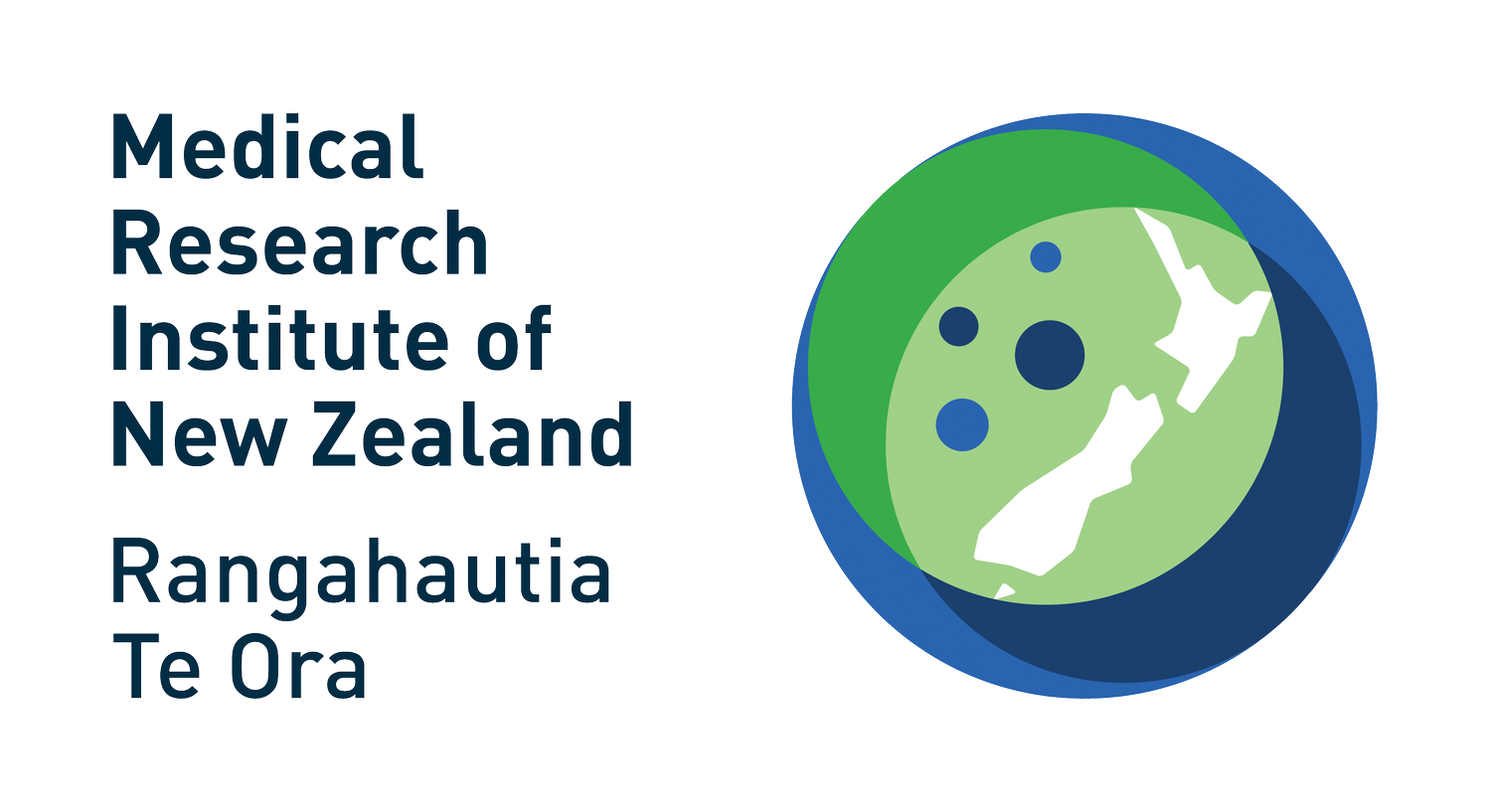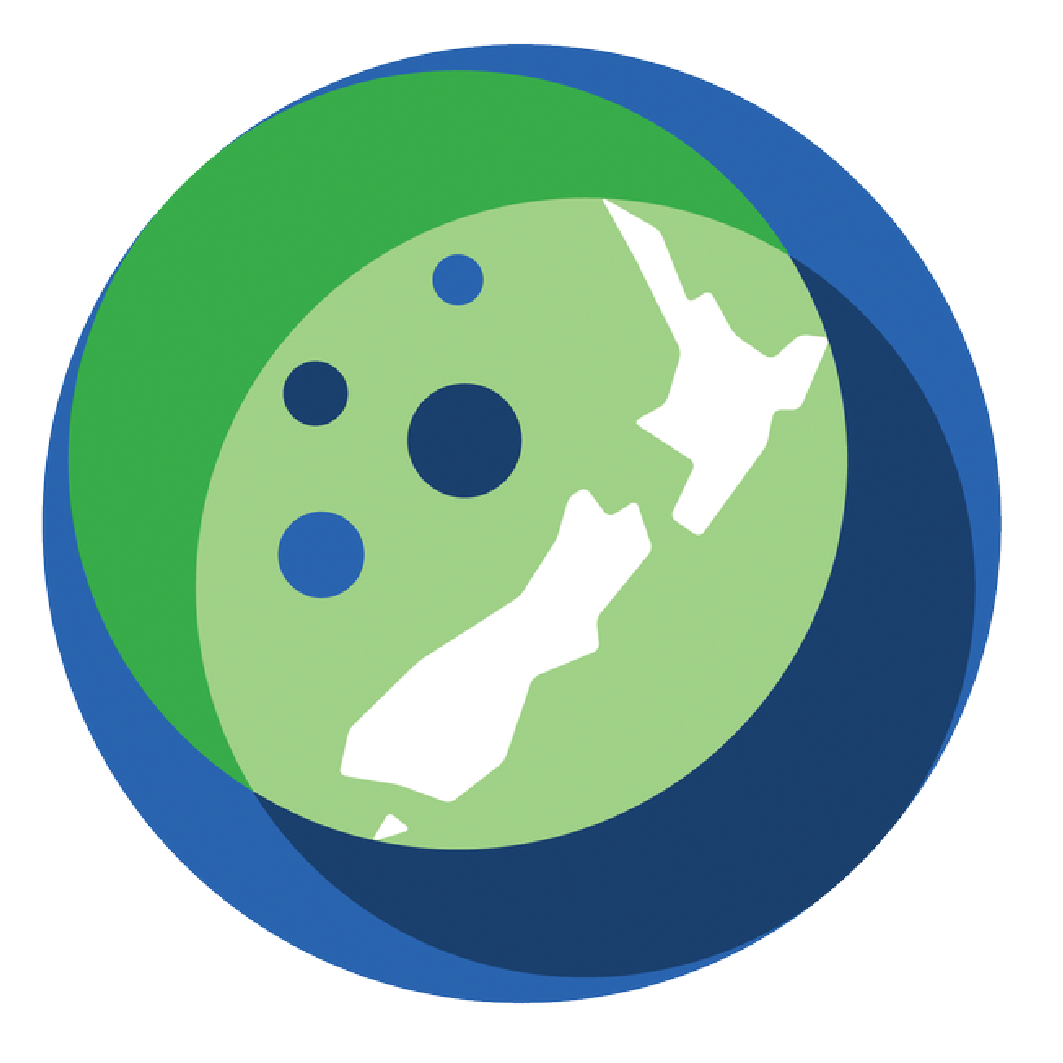Nationwide study offers wake-up call for endometriosis and chronic pelvic pain healthcare
A large survey, with respondents from across Aotearoa New Zealand, has brought to light the diagnosis delay and significant impact on quality of life associated with endometriosis and chronic pelvic pain (CPP).
The study, ‘An Aotearoa New Zealand survey of the impact and diagnostic delay for endometriosis and chronic pelvic pain’, gathered the experiences of 800 women, and those assigned female at birth, with endometriosis and CPP. The largest national study of its kind, the percentage of Māori participants was approximately equal to that of Aotearoa New Zealand’s Māori population.
Endometriosis occurs when tissue similar to the lining of the uterus is found in places it shouldn’t be—mainly in the pelvis, but occasionally in other locations such as the diaphragm. Endometriosis has a wide range of symptoms and is the most common cause of CPP.
Deborah Bush (MNZM, QSM), Endometriosis New Zealand founder, and pelvic pain coach and consultant, says:
“A prevalent, painful, and often debilitating condition, endometriosis affects 1 in 10 women across Aotearoa New Zealand, making it a major public health issue. The impact it can have on all aspects of a person’s life — socially, physically and mentally — cannot be overstated.”
While research into the causes and effects of endometriosis and CPP are being investigated internationally, until now there has been little data from Aotearoa New Zealand.
Using the World Endometriosis Research Foundation’s EndoCost questionnaire, an online survey explored the impact of CPP on the social, sexual, occupational, financial and educational aspects of quality of life for women in Aotearoa New Zealand. The survey also looked at the process of endometriosis diagnosis and how long it took to obtain one.
Responses showed that it took an average of almost nine years, and five doctor’s visits, before being formally diagnosed. However, this delay is decreasing, with recent diagnoses having taken around two years.
Dr Mike Armour, senior author of the study, Senior Research Fellow at Western Sydney University’s NICM Health Research Institute and World Endometriosis Society Ambassador, says:
“Endometriosis and associated pelvic pain are often dismissed or not taken seriously. We know that diagnostic delay for endometriosis in Aotearoa is reducing over time, attributed to a combination of improving menstrual health education via programmes like the menstrual education (meTM) programme in schools, more advocacy and greater awareness by health professionals — but swift access to appropriate healthcare support is crucial.”
Around two thirds of participants reported that CPP caused problems with their partner or affected their sex life, and over half reported it impacted their friendships and time with whānau. Most participants reported a serious effect on their employment with over 70% having lost or changed their jobs or reduced their working hours. Education was also impacted, with the majority of participants reporting days off school, changing courses, delaying exams and assignments or giving up study completely.
Dr Jordan Tewhaiti-Smith, MRINZ Clinical Research Fellow, and study lead says:
“It is clear from these results that chronic pelvic pain is a serious health issue deeply affecting quality of life for many and demonstrating a pressing need for the health system and society to respond. Given an estimated quarter of women and those assigned female at birth suffer chronic pelvic pain to some degree during their reproductive years, our study highlights a significant and concerning burden for individuals, their whānau, wider society and public health services. Okea ururotia – we must keep pushing for change.”

